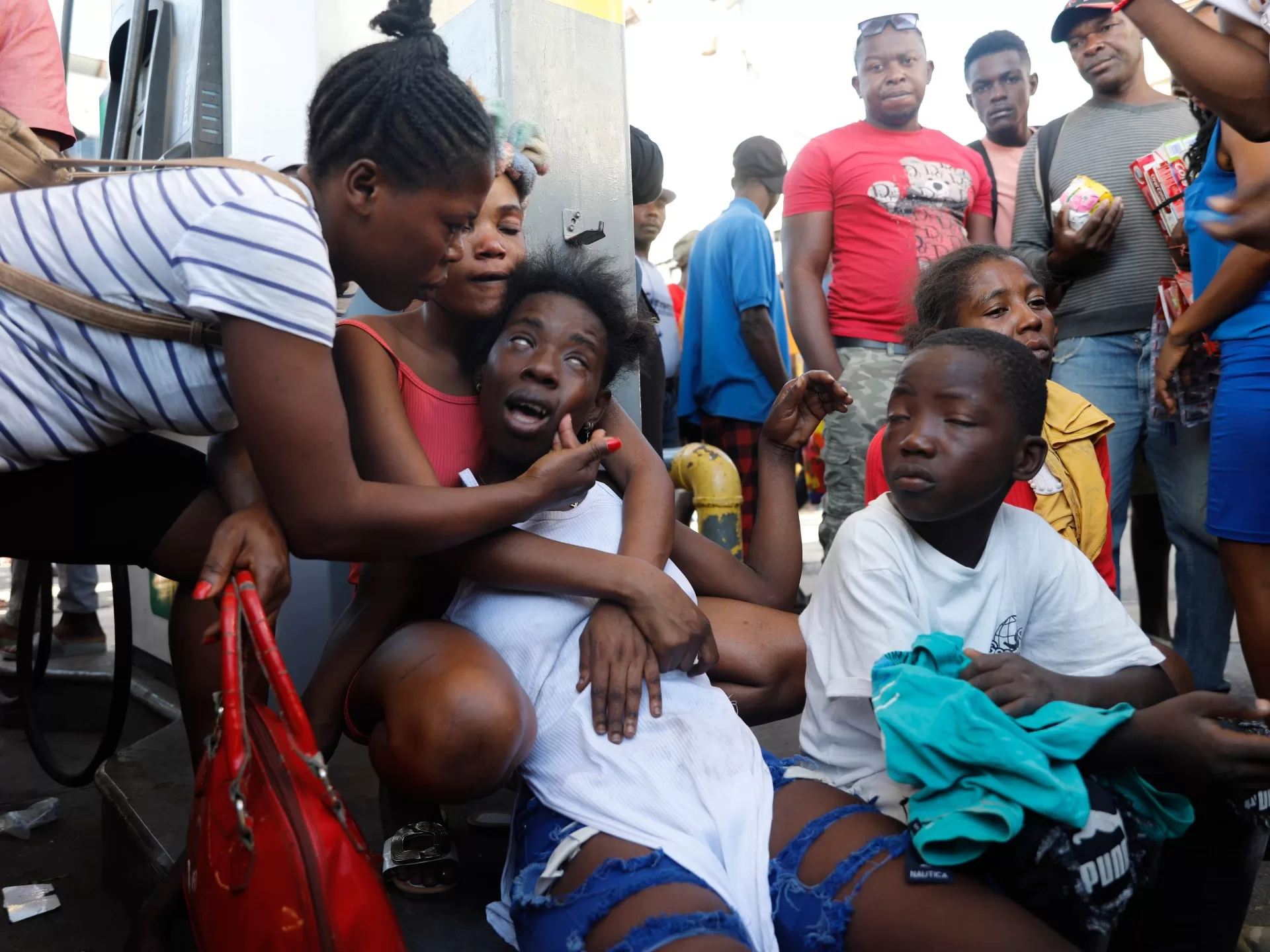The neighbourhoods had previously remained largely peaceful, despite the surge of violence across Port-au-Prince that began on February 29, with armed gangs seizing control of many parts of town.
Witnesses saw the bodies of at least 12 bodies strewn on the streets of Petion-Ville, located just below the mountainous communities of Laboule and Thomassin.
“We woke up this morning to find bodies in the street in our community,” said Douce Titi, who works at the mayor’s office. “Ours is not that kind of community. We will start working to remove those bodies before the children start walking by to go to school and the vendors start to arrive.”
The attacks raise concern that gang violence is not about to cease, despite Prime Minister Ariel Henry announcing nearly a week ago that he would resign.
The gangs, have long opposed Henry, noting that he was not elected and blaming him for deepening poverty. They had suggested that the violence would come to a halt should he step down.
However, critics accuse the gangs of trying to seize power for themselves or for other – unnamed – political figures.
As gang violence continues unabated, Caribbean leaders have been trying to help with the creation of a transitional council.
The body was originally supposed to have seven members with voting powers. But one of Haiti’s political parties rejected the seat it was offered, while another is still squabbling internally over who it will nominate.
The delay is holding up the deployment of a UN-backed Kenyan police force to fight the gangs. The East African country has said it will wait until the transitional council is established before sending 1,000 police officers that will attempt to secure peace.
In a bid to curb the relentless violence, Haiti’s government announced on Sunday that it was extending a nighttime curfew through March 20.
